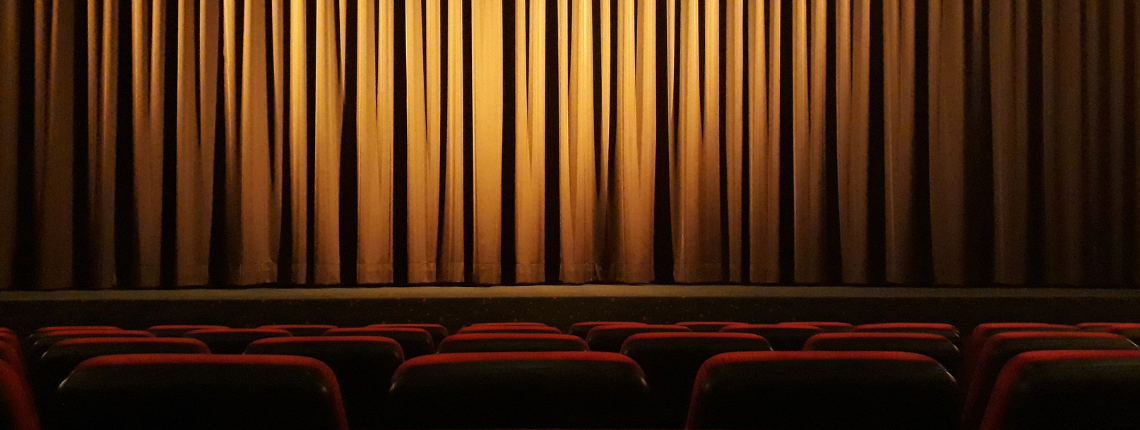The idea of establishing the Croat Theatre came about before the 1990s. The play titled “Szent István napi búcsú” (“The country fair of St Stephen Day”) was premiered in Hungarian and Croatian languages in 1990. In order to be able to operate during the winter too, the Summer Theatre was given a permanent building. This small venue was appropriate for chamber pieces, and so it was named “Kisszínház”, meaning “Small Theatre”. Finally, it was decided in 1992 to have the Croat Theatre function as a Croatian department of Kisszínház. Kisszínház closed after 1994, or merged with the Third Theatre, while the Croat Theatre became an independent institution starting on 1 May 1994. The first Croatian minority institution established as a grassroots initiative, the Croat Theatre was born from a civil effort. The history of the theatre is closely tied to its founder, Antal Vidákovics, who spared no time or energy to give local Croats their first professional theatre, which is the idea of the professional Croatian theatre in Hungary.
From 1 February 2003, the Local Government of Pécs City of County Rank asked the Croat Theatre to organize the Pécs Open-Air Summer Festival. Now performances are held at two locations, in Anna’s Garden and Tettye. From 2004, a third location was added to host a great open-air stage in Káptalan utca. It is incredibly important to have such a theatre contribute to the communication between our cultures. In recent years, the Croat Theatre has taken its rightful place both in the cultural scene and public opinion of Hungary and Croatia. The theatre’s openness and diverse activities add a unique colour to the Hungarian theatrical scene, while it also perfectly serves its original purpose (of making theatre for the Croatian minority living in Hungary and maintaining their linguistic culture), as well as taking up a pioneering role in maintaining cultural relations between the Hungarian and Croatian nations.
They are the only theatre in Hungary that play in the Croatian language, who serve the cultural needs of Hungary’ Croatian minority—as an organic part of Pécs’s art scene—and welcome every interested civilian, also hosting Hungarian plays and associated art performances to create a common ground for the people and their culture.

